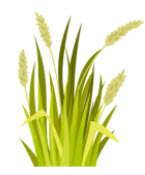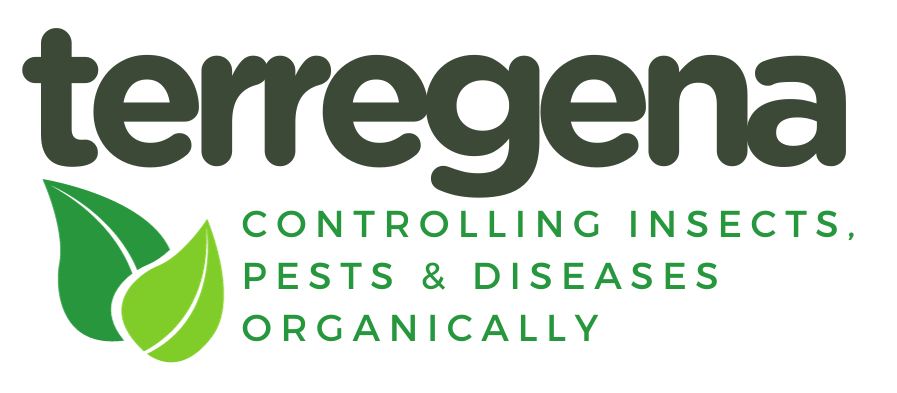
Wheat Crop Disease Control with Beauveria bassiana
In the realm of wheat crop disease control, managing pests like wheat midge and wheat stem sawfly is crucial. These pests are particularly problematic in fields where wheat is continuously cultivated, as this practice can deplete Beauveria bassiana (Bb) levels in the soil due to prolonged exposure to sunlight and heat. This depletion is evident in areas where wheat stem sawfly has become a significant pest and where Bb is nearly extinct, a similar trend observed in regions afflicted by the Hessian fly. The absence of Bb, which contributes to the plant’s health, creates a vulnerability in wheat crop disease control, opening the door to new challenges and pathogens.
In wheat crop disease control, the impact of the sawfly’s life cycle, being bivoltine or partially univoltine, complicates the issue. The ability of univoltine eggs to survive winter and hatch in spring further stresses the importance of effective wheat crop disease control strategies.
While chemical applications and plant genetic modification offer alternatives in wheat crop disease control, their solutions are often limited to specific problems. In contrast, incorporating Bb into wheat crop disease control strategies offers a more holistic approach. Organic farming practices, especially those that avoid fungicides, pesticides, or foliar biocides, have shown that wheat seeds inoculated with Bb at planting can achieve yields comparable to conventional methods.
The reintroduction of Bb into wheat farming practices is not just beneficial for wheat crop disease control but also promotes improved germination and emergence across various crops. This makes the addition of Bb a vital practice in wheat crop disease control, offering a natural and effective solution to enhance plant health and resilience against pests and diseases.
Improve Wheat Crop Disease Control & Increase Yield
The Beauveria bassiana in SPE 120 and SBb 2.5 is a PLANT isolate and is considered beneficial fungi.
Seed and Soil Products Protect & Strengthen Plants as They Grow
Direct contact with seed is preferred to assure plant entry at germination. Applied on, under, or atop of seed allows Beauveria bassiana competitive preference to initial plant roots where it becomes a symbiotic entophyte within the plant.
Observed Results

Reports, trials, and research indicate seeds treated with our Biological Seed Inoculant SBb 2.5 with Beauveria bassiana have shown improved performance against:
Potatoes
- Potato Psyllids
- Colorado Potato Beetle
- Rhizoctonia
- Anthracnose
- Early Blight
Wheat
- Wheat midge
- Wheat stem sawfly
Onions
- Onion Maggot
- Onion Thrips
Raspberries
- Spotted Wing Drosophila
Corn
- Mycotoxins
- Fusarium
- Goss’s Wilt
- Anthracnose
- Corn Earworm
- Northern Corn Root Worm Beetle
- Western Corn Root Worm Beetle
- European Corn Borer
Soybeans
- Stem Canker
- Stem Borer
- Fusarium Root Rot
- Common Rust
- Anthracnose
Other
- Leafhoppers
- Pea aphids
- Green peach aphids
- Leaf Miner
- Mites
- Whiteflies
- Squash borer
- Grape colaspis
- Apple maggot
- Plum curculio
- Pecan weevil
- Alfalfa weevil
- Cloverleaf weevil
- Cabbage looper
- Armyworm
- Pink bollworm
- Variegated cutworm
- Black cutworm
- Webworm
- Wireworm
- Japanese beetle
